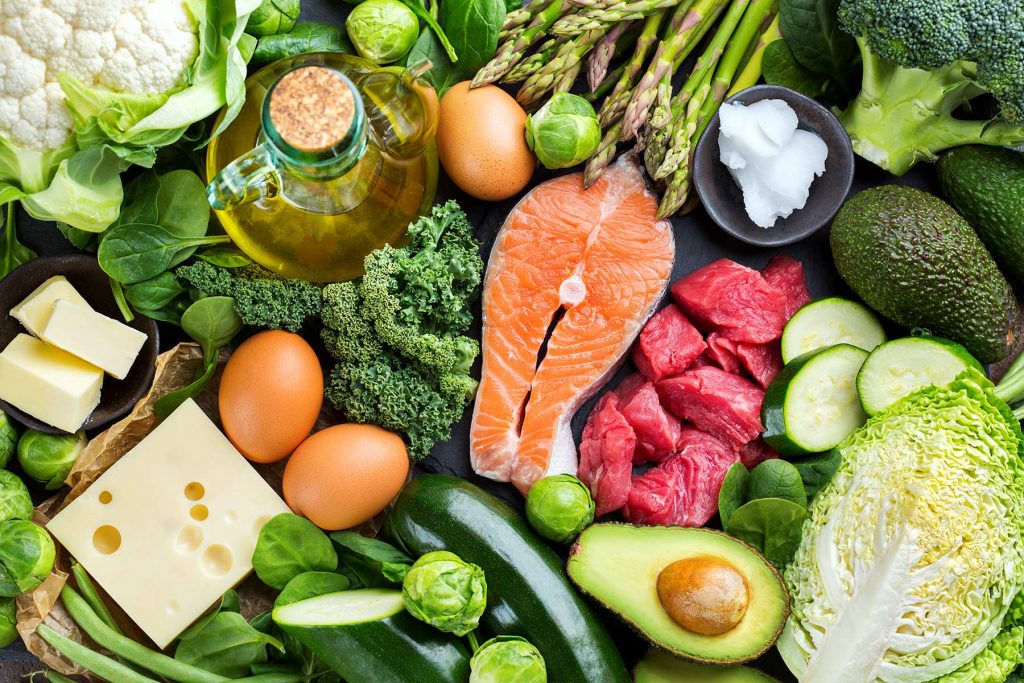Health Tips: Trans Fat Foods, What You Should Know

BY Victoria Ogunrinde
A balanced diet as we were taught in school isn’t just about the six classes of food. Understanding what is in your food you are about to consume can be more important than how it tastes.
We know our body needs carbohydrates, fats, and proteins for optimal performance and recovery, yet we should also know that some fats can be more detrimental to performance and can even lead to more chronic health issues in the future and one of these fats is called Trans Fats.
WHAT ARE TRANS FAT FOODS:
These are unsaturated fats produced from vegetable oils commonly used in the preparation of margarine and commercially baked or fried foods. Trans fats are also known as ‘partially hydrogenated oils/fats’ or ‘shortening’.
Now that you know Trans fat foods are incredibly unhealthy, it is also important to know why and how to avoid them.
By understanding why trans fats are unhealthy and what kinds of food they are present in, you can make better food choices in the future to maintain a healthy and safe lifestyle.
TYPES OF TRANS FAT:
There are two forms of trans fat: naturally occurring trans fat and artificial trans fats.
Artificial trans fats are man-made fats produced through a chemical process called hydrogenation. You probably must have heard or seen the name on the side of potato chip bags, cracker boxes, or butter containers while Naturally occurring trans fats can be found in many animal products, including milk and meat.
You should know that while natural trans fats do not cause harm when ingested, artificial trans fats can cause serious health issues.
Moreover, Global health body, World Health Organization (WHO) has identified eliminating industrially-produced trans fats from the global food supply by 2023 according to the 71st World Health Assembly held in Geneva on 21 – 26 May 2018.
“It is one of the priority targets of the WHO strategic plan, (draft 13th General Programme of Work (GPW13) will guide the work of WHO in 2019 – 2023)”.
Also, WHO reported that consumption of industrially produced trans fats are estimated to cause around 500,000 deaths per year due to coronary heart disease while Fifteen countries (Canada, Latvia, Slovenia, United States of America, Azerbaijan, Bangladesh, Bhutan, Ecuador, Egypt, India, Iran, Mexico, Nepal, Pakistan, and the Republic of Korea) account for approximately two thirds of the worldwide deaths linked to trans fat intake.
DANGERS OF TRANS FATS:
Trans fats are known to raise cholesterol and therefore increase the chances of:
Developing heart disease, Strokes, Liver dysfunction, Type 2 diabetes, and Alzheimers.
It has also been shown to be linked with infertility in women
Trans fatty acids not only raise the bad Low-density lipoprotein (LDL) cholesterol ,(LDL can build up in arteries, making them narrow/hard and making blood flow difficult throughout the body), they also reduce the healthy High-density lipoprotein (HDL) cholesterol. (HDL takes excess cholesterol to the liver to be filtered and removed from the body).
However, it is widely agreed that trans fats are significantly more damaging than saturated fats (animal fats).
FOODS THAT CONTAINS TRANS FAT:
Although, while food companies are drastically reducing the amounts of trans fats in their foods, there are still several foods that still contain artificial trans fats. These foods include:
Margarines
Vegetable oils
Cakes
Popcorn
Doughnuts
Frozen Pizza
Pastries
Ice cream
Bread
Fast food
Learning about trans fats is the importance of knowing what is in the food you are eating. By looking more closely at the food labels of the items you plan to buy at the grocery store, you can allow yourself to make a more educated decision that can lead to a healthier way of living.
WHO Recommendation
To individuals:
WHO recommends that trans fat intake be limited to less than 1% of total energy intake, which translates to less than 2.2 g/day with a 2,000-calorie diet.
To Countries:
To achieve a world free of industrially produced trans fats by 2023, WHO has also recommended that countries:
· develop and implement best-practice policies to set mandatory limits for industrially produced trans fats to 2% of oils and fats in all foods or to ban partially hydrogenated oils (PHO);
· invest in monitoring mechanisms, e.g. lab capacity to measure and monitor trans fats in foods; and
· advocate for regional or sub-regional regulations to expand the benefits of trans fat policies.
While avoiding trans fat foods all together may be difficult, consuming them in moderation is not necessarily the problem. But the continued consumption of these trans fats is the common link to high cholesterol, heart disease, and stroke.
So Make a conscious decision today to limit your intake of trans fat as this will can gradually reduce these risks and improve your quality of life.

